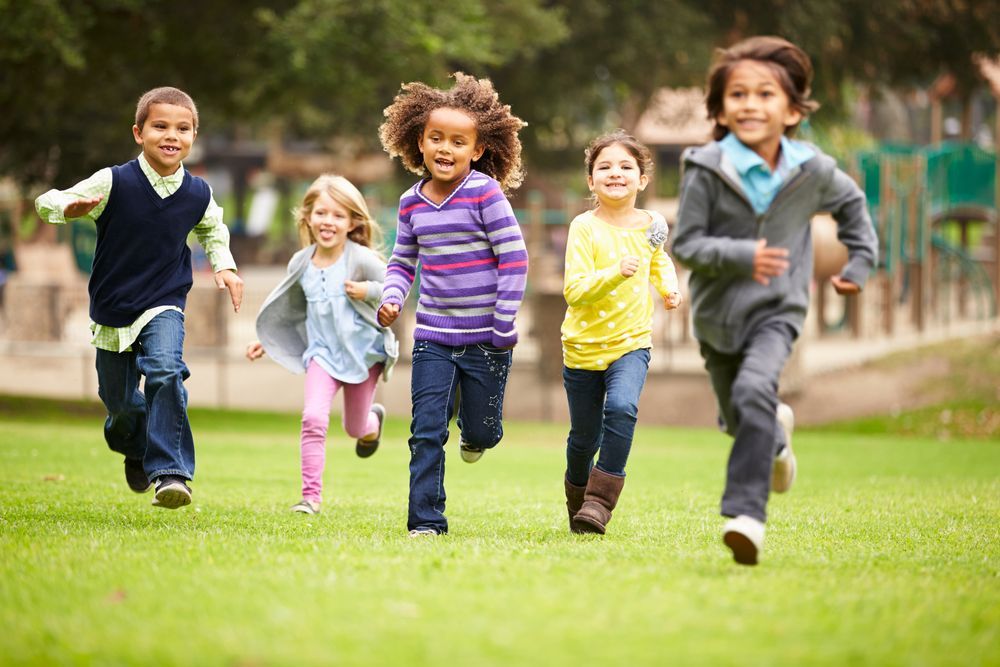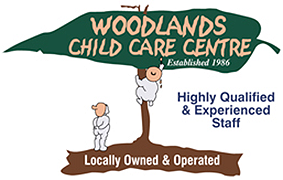3 Benefits of Music and Movement in Early Childhood Development
The sound of children clapping in rhythm and moving energetically to music creates a vibrant atmosphere in many childcare centres. These lively sessions play a crucial role in early childhood development. In this blog, we’ll delve into the key benefits of incorporating music and movement into early childhood education and discuss how these experiences lay a strong foundation for your child's future development.
1. Enhances Social Skills and Emotional Intelligence
Music and movement activities are inherently social experiences. Participating in these sessions helps children understand group dynamics. They learn the importance of working together, following directions and contributing to a collective goal. This sense of belonging and teamwork fosters a supportive community environment, which is essential for their emotional well-being.
Music provides a safe space for children to express their emotions. Through singing and dancing, they can communicate feelings they may not yet be able to articulate with words. This expression is crucial for developing emotional intelligence, allowing children to identify and manage their emotions constructively.
2. Supports Fine and Gross Motor Skills Development
Physical development is another area where music and movement make a significant impact. These activities promote fine and gross motor skills, which are essential for a child’s overall physical growth. The precise movements required to play musical instruments enhance hand-eye coordination and dexterity, which are important for tasks like writing and drawing.
Dancing promotes gross motor skills by encouraging children to use large muscle groups. Jumping, hopping and balancing to the beat of music enhance coordination, strength and spatial awareness.
3. Stimulates Brain Development and Cognitive Abilities
Music and movement are also important for brain development and cognitive growth. Engaging in these activities can enhance various cognitive abilities, laying a strong foundation for future learning:
- Language Development: Singing songs and rhymes can significantly boost a child’s language skills. The repetition and rhythm of music help children learn new words and phrases, improving their vocabulary and pronunciation.
- Memory and Concentration: Learning and performing music enhances memory and concentration. Remembering lyrics, rhythms and dance steps requires focus and recall, strengthening these cognitive functions.
Take the Next Step with Us
At
Woodlands Child Care Centre, we believe in the transformative power of movement and music in early childhood development. Our programs are designed to nurture your child’s social skills, emotional intelligence, motor skills and cognitive abilities through engaging and fun activities. If you’re interested in learning more,
get in touch with us today!





